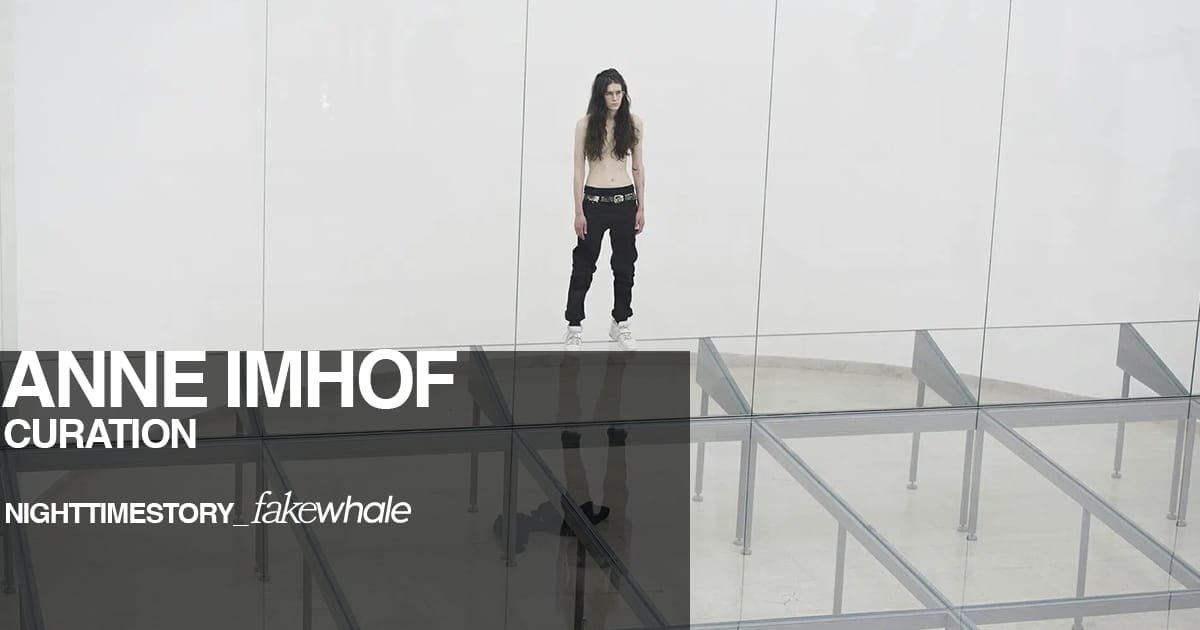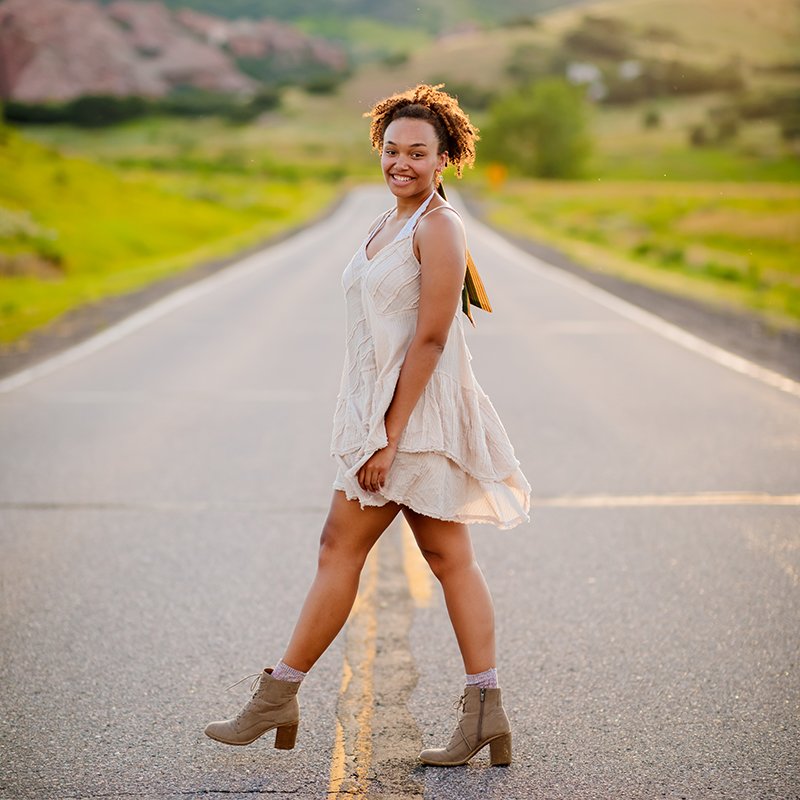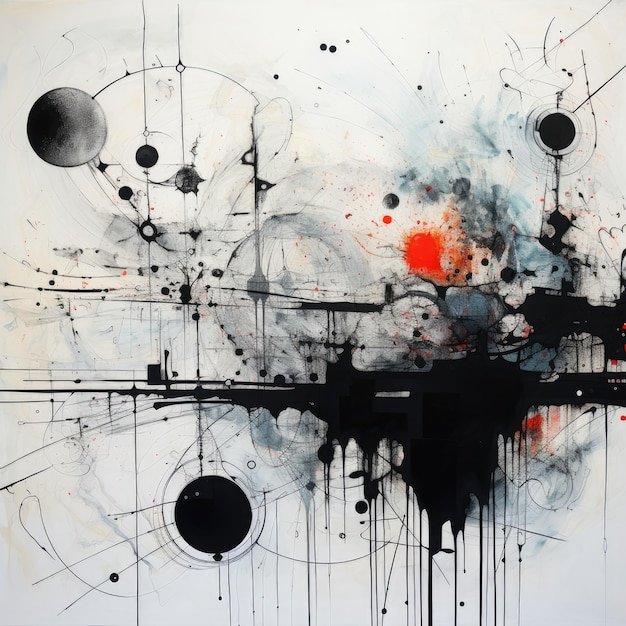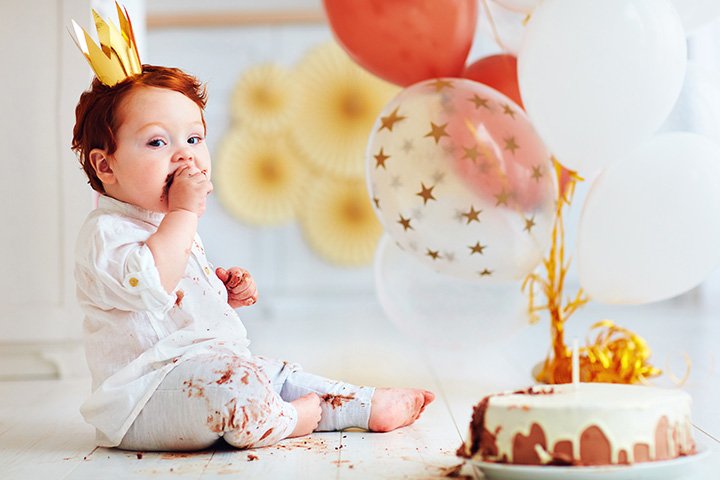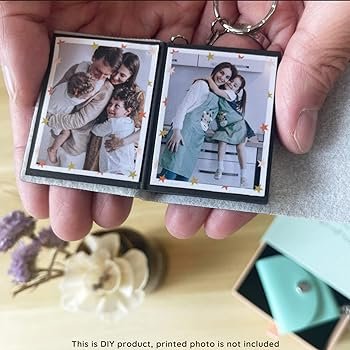One lens to capture them all! Discover the ultimate guide on choosing the perfect lens for your wedding photography. From wide angles to telephotos, find out which lens will suit your shooting style and help you create stunning wedding memories at thebestphotostudio.
Choosing the Perfect Lens for Wedding Photography: Why One Lens Could Be All You Need
When it comes to wedding photography, choosing the right lens can make a significant difference in the outcome of your photos. While many photographers believe in having a variety of lenses to cover different focal lengths and shooting scenarios, there is an argument for simplifying your gear and using just one lens for wedding shoots.
Using a single lens for wedding photography can offer a more consistent look and feel to your images. It can also help you develop your creative style and vision by forcing you to work within the limitations of that particular lens. Furthermore, mastering one lens can lead to quicker and more intuitive framing of shots as you become familiar with its characteristics and capabilities.
Prime lenses are often favored for wedding photography due to their sharpness, wide aperture, and ability to create beautiful bokeh effects. A 50mm prime lens, for example, is a popular choice among wedding photographers for its versatility and ability to capture stunning portraits and detail shots.
Overall, while it may seem counterintuitive to limit yourself to just one lens for wedding photography, the benefits of doing so can be significant. Experiment with different lenses to find what works best for your style and preferences, but don’t underestimate the power of mastering a single lens to enhance your wedding photography skills.
If I HAD To Choose ONE Lens To Take To A Wedding, What Lens Would It Be?
Can ONE LENS & ONE CAMERA Do It All?!
Which is the best lens for wedding photography?
The best lens for wedding photography is typically a fast prime lens with a wide aperture, such as a 50mm f/1.8 or 85mm f/1.4. These lenses are great for capturing beautiful portraits and low-light scenes, which are common in wedding settings. Additionally, consider a zoom lens like a 24-70mm f/2.8 for versatility in capturing different angles and distances during the event. Ultimately, the best lens will depend on your style and preferences as a photographer.
What is the best lens combination for a wedding?
When it comes to wedding photography, having a versatile lens combination is essential to capture all the special moments of the day. A popular choice among wedding photographers is to carry a mix of prime and zoom lenses to cover a variety of shots.
A common lens combination for weddings includes:
1. 35mm or 50mm prime lens: Ideal for capturing portraits, details, and candid shots with beautiful bokeh.
2. 24-70mm zoom lens: Offers flexibility for shooting group shots, ceremony moments, and reception events.
3. 70-200mm zoom lens: Perfect for capturing intimate moments during the ceremony or speeches from a distance.
By having these three essential lenses in your kit, you’ll be well-equipped to handle different lighting conditions and scenarios that arise throughout the wedding day. Remember, the best lens combination ultimately depends on your shooting style and preferences, so feel free to experiment and find what works best for you.
What is the one lens every photographer should have?
The one lens every wedding photographer should have is the 24-70mm f/2.8 lens. This lens offers a versatile focal length range that can cover wide angle shots during the ceremony or reception, as well as close-up portraits of the couple or details like the wedding rings. The fast aperture of f/2.8 allows for shooting in low light conditions and achieving a beautiful background blur to make your subjects stand out. Overall, the 24-70mm f/2.8 lens is a workhorse that can handle a variety of situations that arise during a wedding day.
Can you shoot a wedding with just a 50mm lens?
Yes, you can definitely shoot a wedding with just a 50mm lens. The 50mm focal length is versatile and great for capturing a variety of shots throughout the day, from portraits to details. However, it’s important to keep in mind that a 50mm lens may not be ideal for all situations during a wedding, such as tight spaces or large group shots. It’s always recommended to have a range of lenses in your gear kit to ensure you can capture every moment beautifully.
Frequent Questions
What factors should I consider when choosing just one lens for wedding photography?
When choosing just one lens for wedding photography, consider factors such as versatility, image quality, low-light performance, focal length, and your shooting style.
Is it possible to capture a variety of shots, from wide-angle to close-up, with just one lens for wedding photography?
Yes, it is possible to capture a variety of shots, from wide-angle to close-up, with just one versatile lens for wedding photography.
How can I maximize the versatility and quality of photos when using only one lens for wedding photography?
Use a fast prime lens with a versatile focal length such as 35mm or 50mm for sharp images and beautiful bokeh. Practice different shooting angles and compositions to explore the lens’s full potential. Experiment with wide apertures for creative depth of field effects.
In conclusion, while the idea of using one lens for wedding photography may seem restrictive at first, it can actually be liberating and push you to be more creative with your shots. The key is to choose a versatile lens that suits your style and allows you to capture the essence of the day. Remember, it’s not about the number of lenses you have, but how you use them to tell the story of the couple’s special day. So, embrace the challenge, experiment with different techniques, and let your creativity shine through in every shot. Happy shooting!


